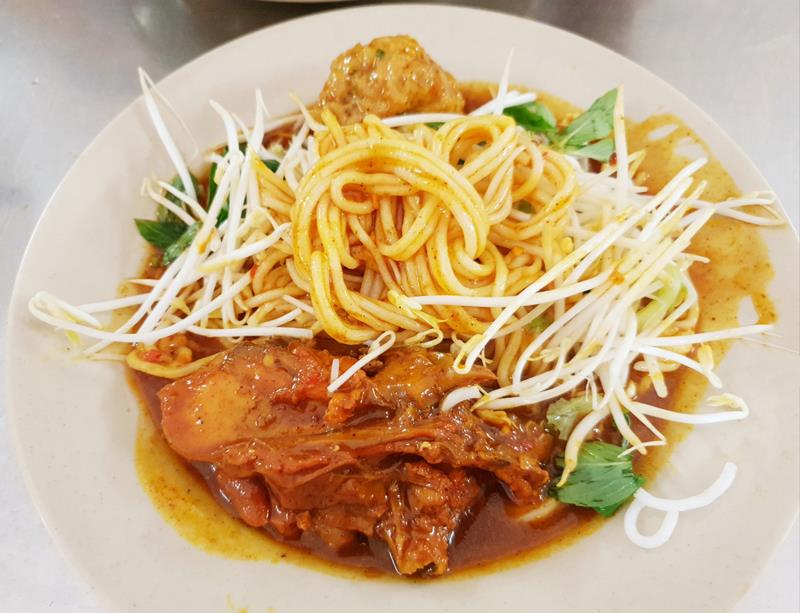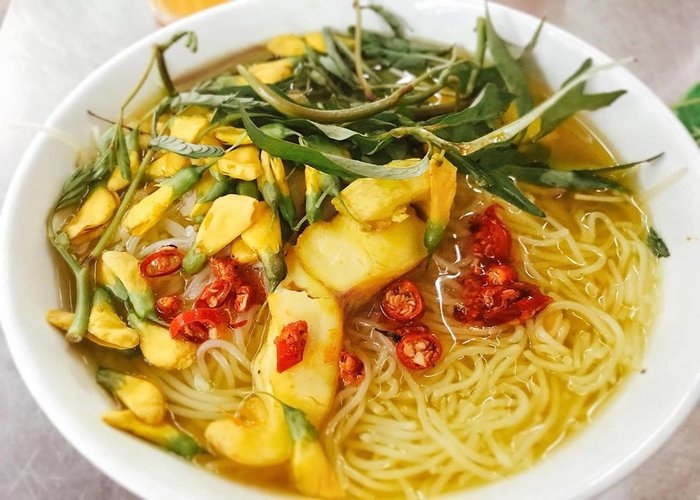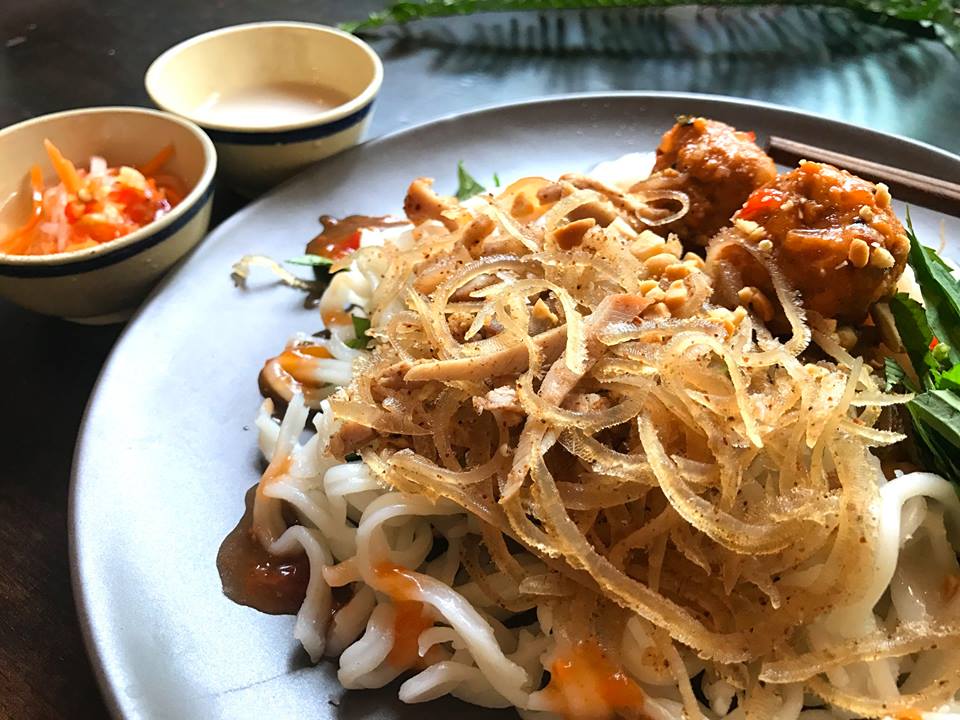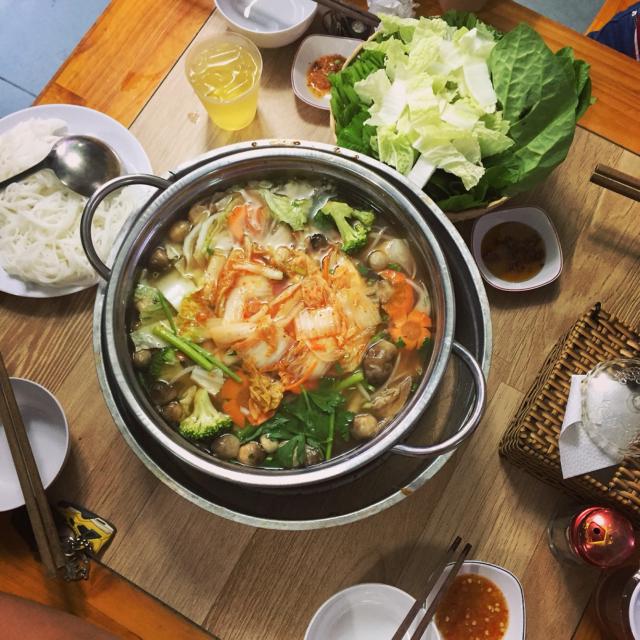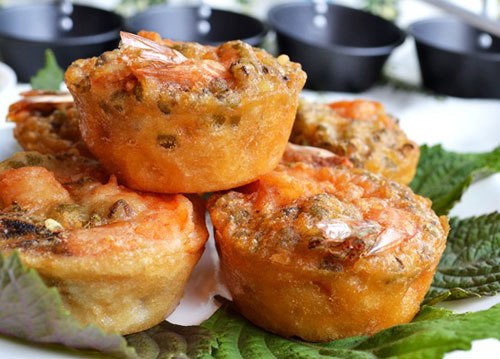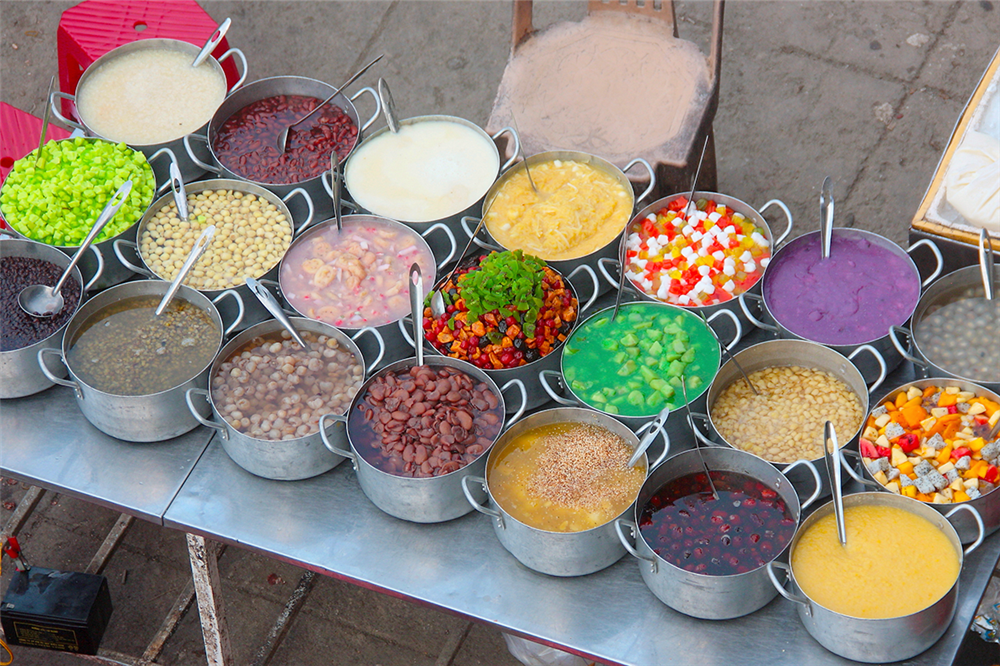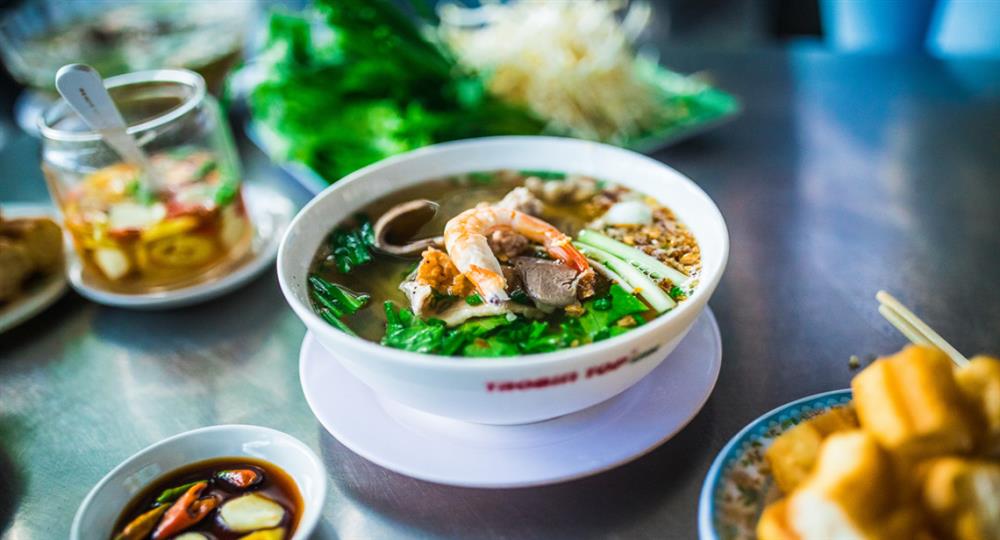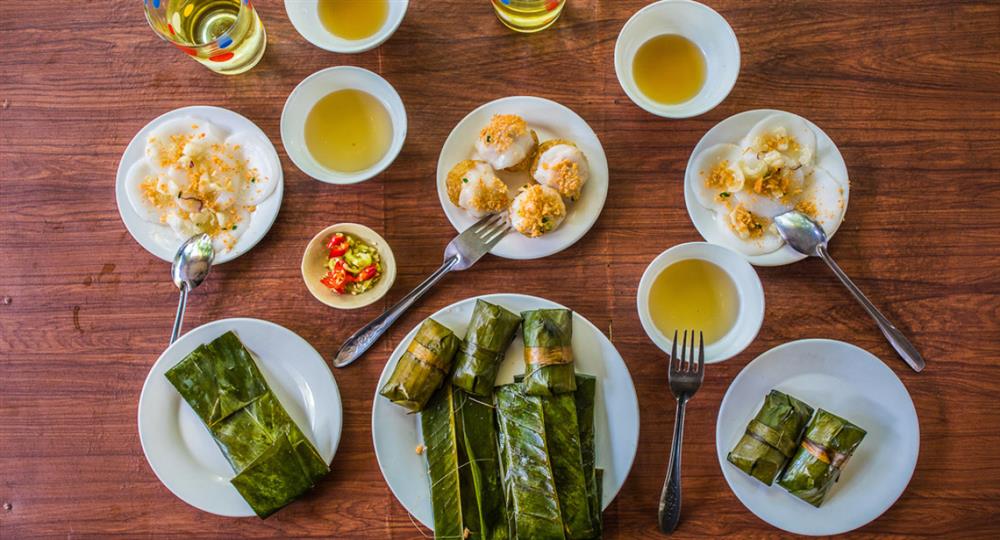"Beef is simmered for hours with cinnamon, star anise and other warm spices to create a wonderfully aromatic base for this rice noodle soup," CNN said.
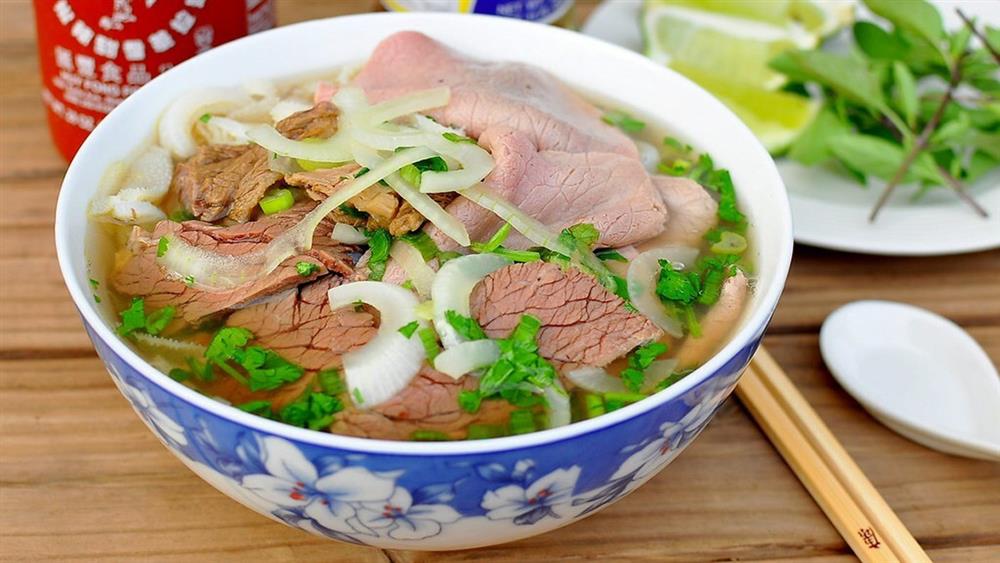
The cable news network added beef pho remains the most beloved version in Vietnam, with options including the original raw beef, a mix of raw and cooked beef, brisket and tendon.
Pho is a bowl of flat, soft rice noodles dipped in a fragrant beef or chicken broth flavored with condiments. The soup is considered a national dish and can be found all over the country though it originated in Hanoi before being taken to the south, where people have added their own influences to the dish.
The CNN list also includes French Bouillabaisse, Spanish Gazpacho, Chinese Lanzhou beef noodle soup and Thai Tom yum goong.
Pho has been getting rave reviews from global travel magazines for decades, and no visitor to Vietnam fails to mention it.
In 2019, Lonely Planet recommended it as one of the best hangover cures on the road. The U.K.-based travel site Rough Guides named the soup among the world’s 15 best foods that are easy on the pocket.
CNNin 2018 included pho in a list of the 50 tastiest dishes on earth after polling its Facebook readers.
Pho – One of the most famous and iconic dishes of Vietnam
Legends and myths mean that many histories in Vietnam are coloured a variety of shades. This is also the case with Pho, the country’s most famous dish, and its most successful culinary export. In the capital city of Hanoi, Phois a staple breakfast dish.
From the early hours, Pho stalls set up shop along the sidewalks. Shrouded in clouds of steam, the cook will assemble each bowl to order. Boiling broth is poured over a bed of soft rice noodles and sliced meat, and topped with a handful of chopped herbs and chives. Each diner will customise their bowl to taste, with squeezes of lemon, slices of red chili, sprigs of basil, and dabs of hoisin sauce. It's an experience no visit to Vietnam is complete without.
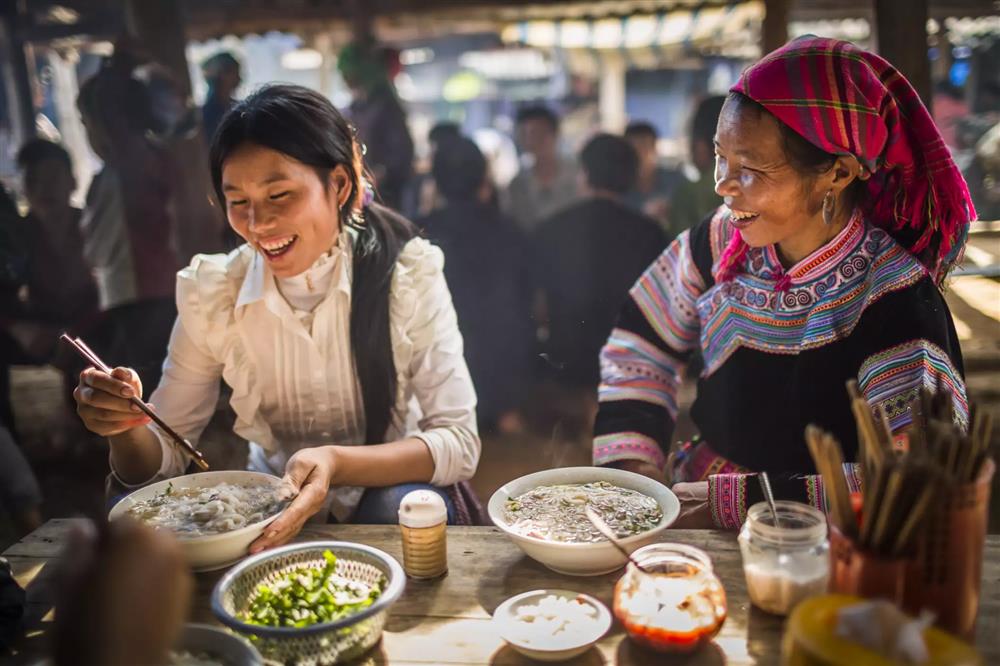
Photo: Tim Gerard Barker/Getty Images
While Nam Dinh is believed to be the geographical cradle of Pho, few would dispute that its spiritual home is Hanoi. It was Hanoi's intersection of historical and cultural factors made Pho popular.
The history of Pho begins at the end of the 19th century, at the peak of French colonialism. French demand led to a greater availability of beef in Vietnam. This in turn produced a surplus of beef bones, which were used by Chinese and Vietnamese vendors to deepen and perfect the flavour of the Nam Dinh broth.
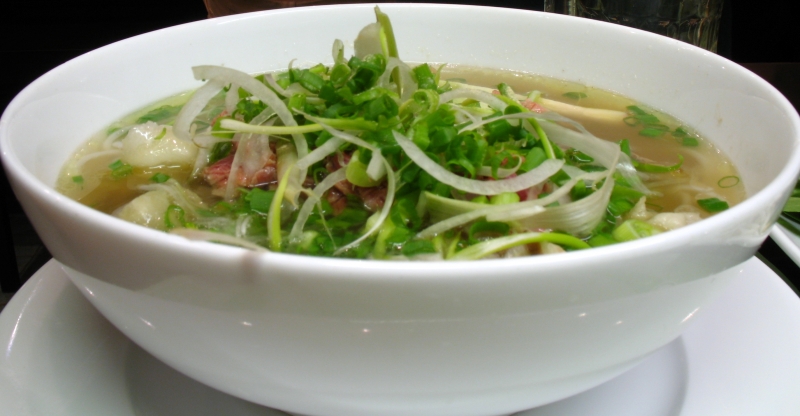
Over the years, Pho gained traction in Hanoi. It evolved from a noodle soup called xao trau -- a simple dish made with slices of water buffalo meat cooked in broth with rice vermicelli -- into a delicate and balanced creation. Buffalo meat was swapped with beef, round rice noodles were added, the flavour of the broth was refined, and the classic Hanoi Pho was perfected.
Migrant workers from the Chinese provinces of Yunnan and Guangdong loved the new take, due to its similarity to dishes from back home. The Vietnamese, having developed a taste for beef, grew equally enamoured. By the 1930s, ganh Pho— roaming vendors shouldering mobile kitchens on bamboo poles — had become a common sight in the streets of the Old Quarter.
Since then Pho has been entwined with the national psyche. In his poem “An Ode to Pho,” poet Tu Mo celebrated the subtle flavour of the soup and its egalitarianism: it is a dish loved by both rich and poor.
Like Vietnam itself, Pho has undergone impactful changes. Privation during hard times resulted in meagre bowls of soup hitting the streets. The most divisive shake up occurred when Pho moved south along with millions of northerners following the partition of the country in 1954.
Unshackled in this southern land of plenty, chefs started sweetening their broth and accessorising with an array of herbs as well as additions such as hoisin and chili sauce. The “broth-off” continues to this day. The main difference is the extra fixings of the southern version. Pho purists swear by the simpler Hanoi Pho, however both versions are delicious.
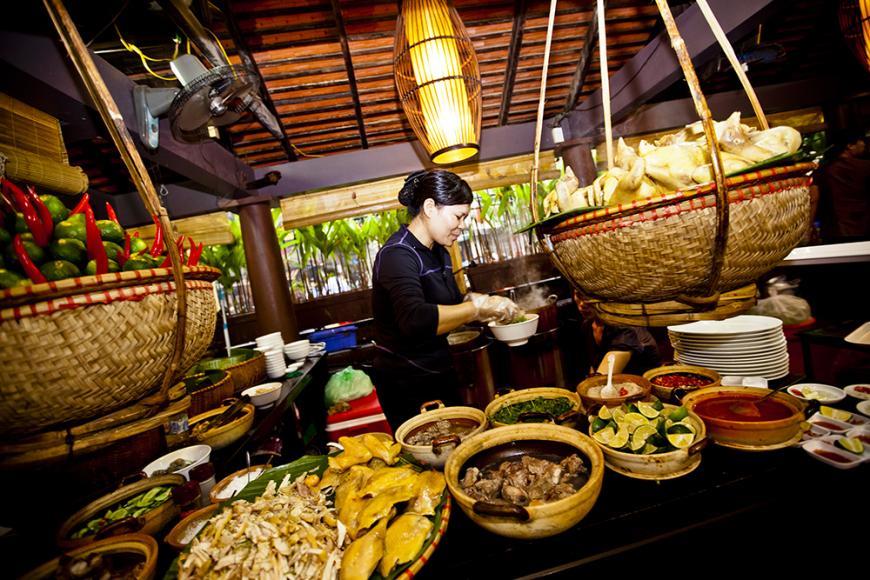
A woman makes chicken pho at her stall at Quan An Ngon restaurant in Hanoi (Photo: Vietnam Travel)
While debate rages as to the location of Vietnam’s best Pho, it could be argued that the dish hasn’t actually evolved all that radically since the early years. The invention of chicken noodle soup (Pho ga) in 1939 caused ructions for a while. But, by and large, pho has stayed true to its original tenets.
That said, Pho is not an immovable feast. Some young chefs in Vietnam are experimenting with items such as brown rice noodles and fresh pho noodle rolls. In 2018, Anan Saigon famously introduced a 100$ Pho with truffle oil, wagyu and foie gras. And overseas, chefs are getting even more inventive with additions such as crawfish and sous vide beef.
These days, beef bones, flank steak oxtails, charred onion, charred ginger and spices including star anise, cinnamon, cloves, black cardamom and coriander are used to make the slow-cooked broth. Chicken Pho is an equally popular alternative to the original. In the north, garnishes are limited to fresh chilli slices, lemon, and a few herbs; but in the south, the Pho is noticeably sweeter and there's a wide array of types to choose from. In Central Vietnam, you can even find Pho with poached eggs.
As one of the world’s classic noodle dishes, Pho has more than earned its right to respect.
Source: ChauPolly








